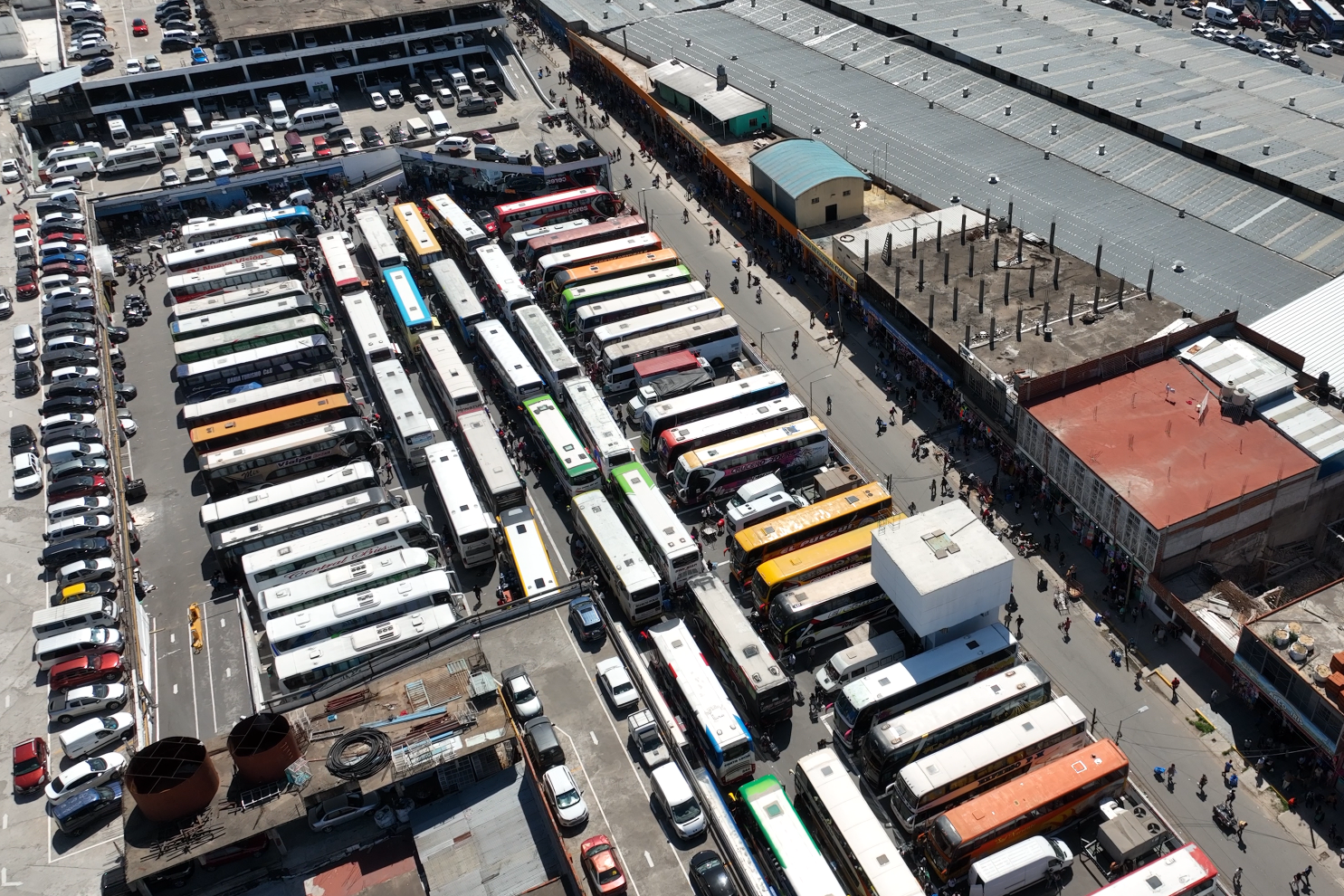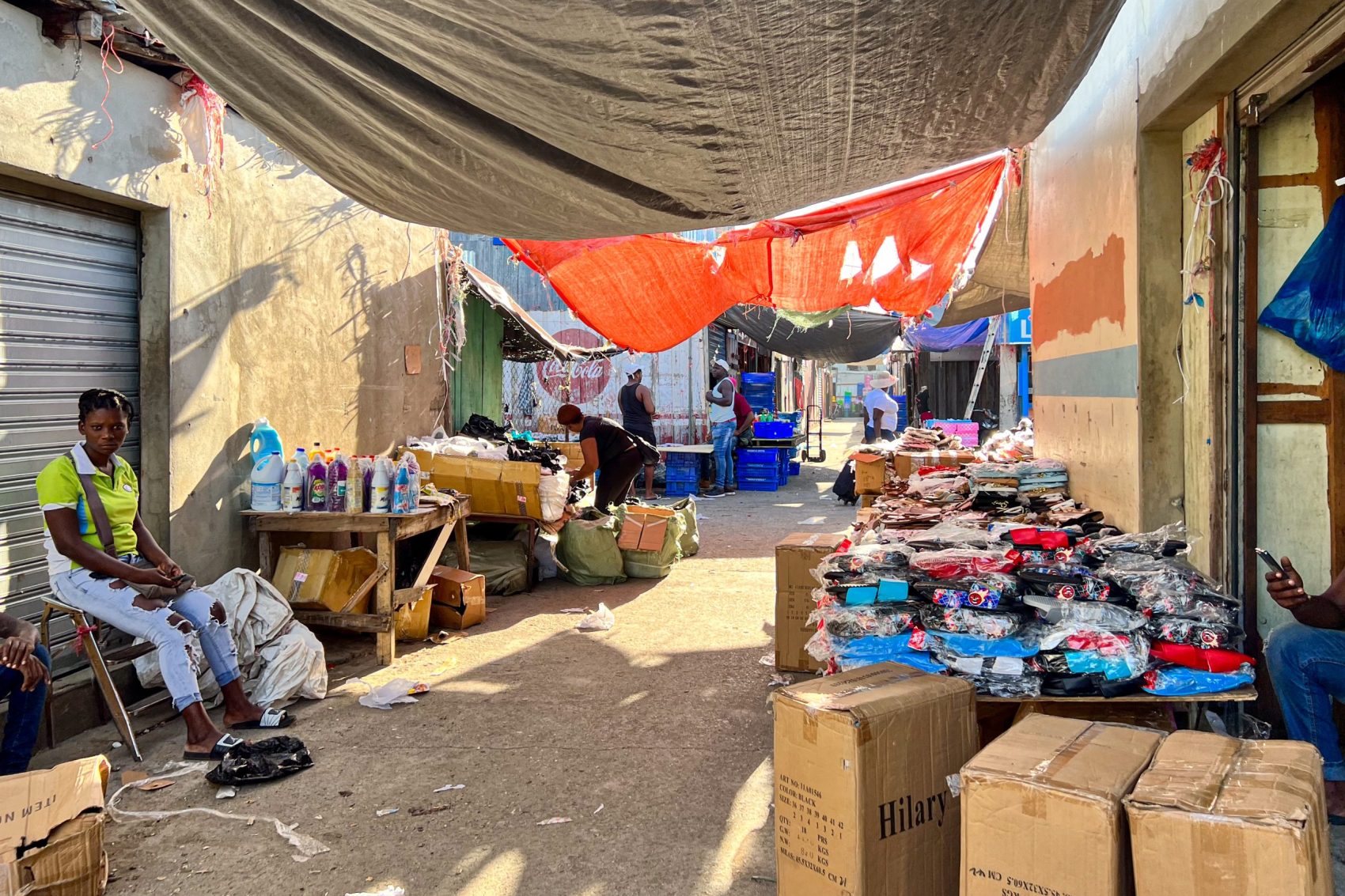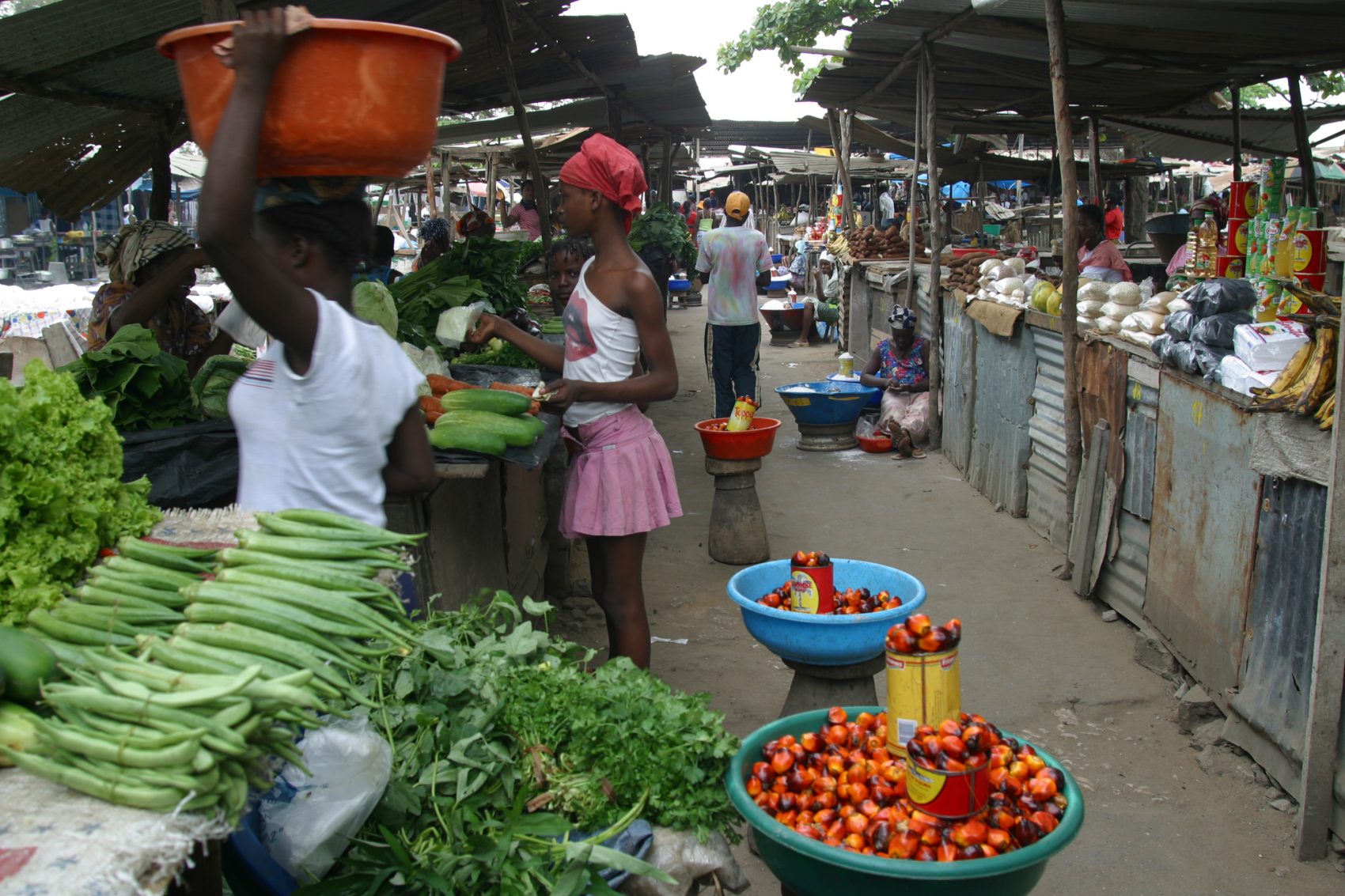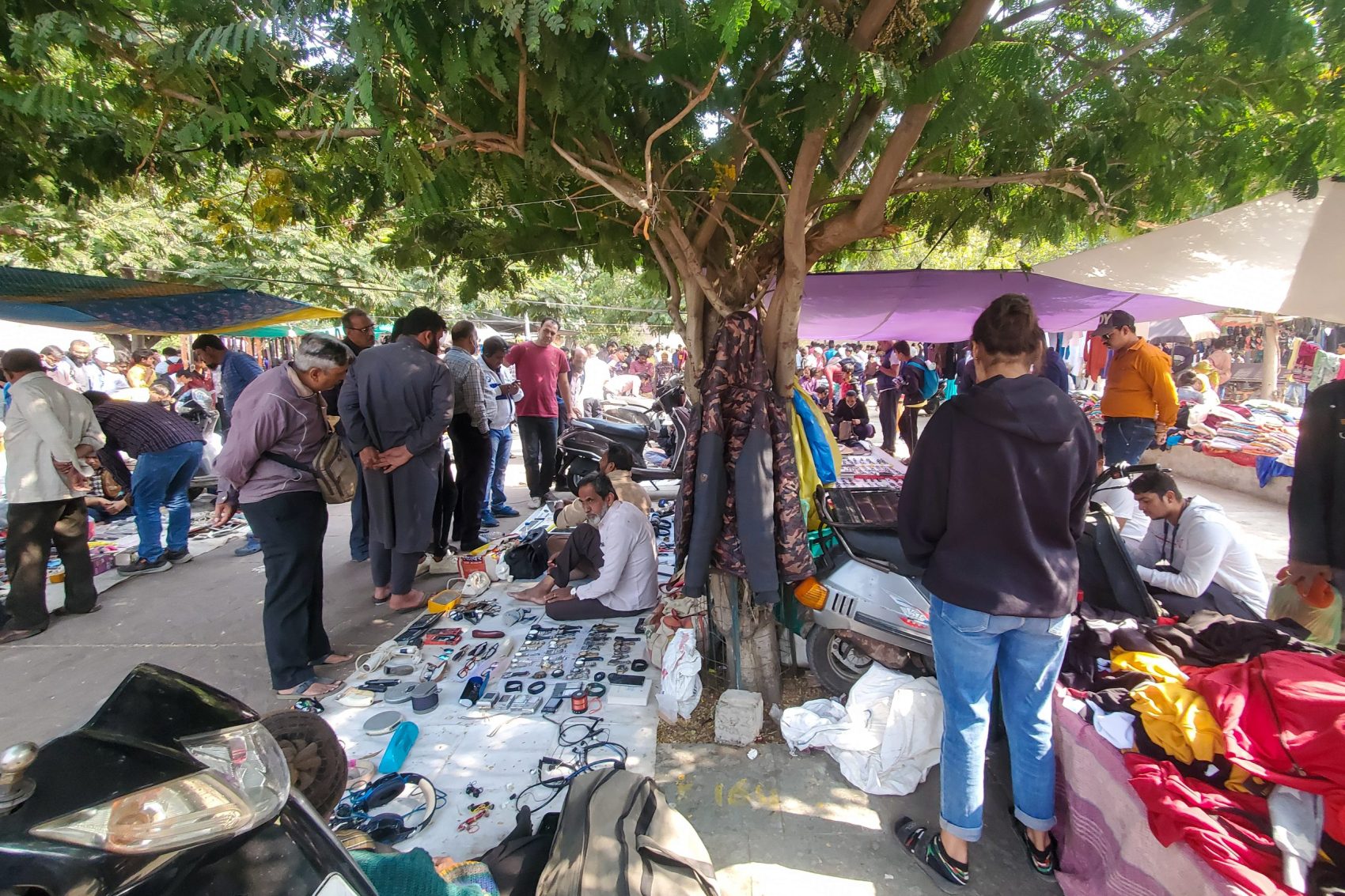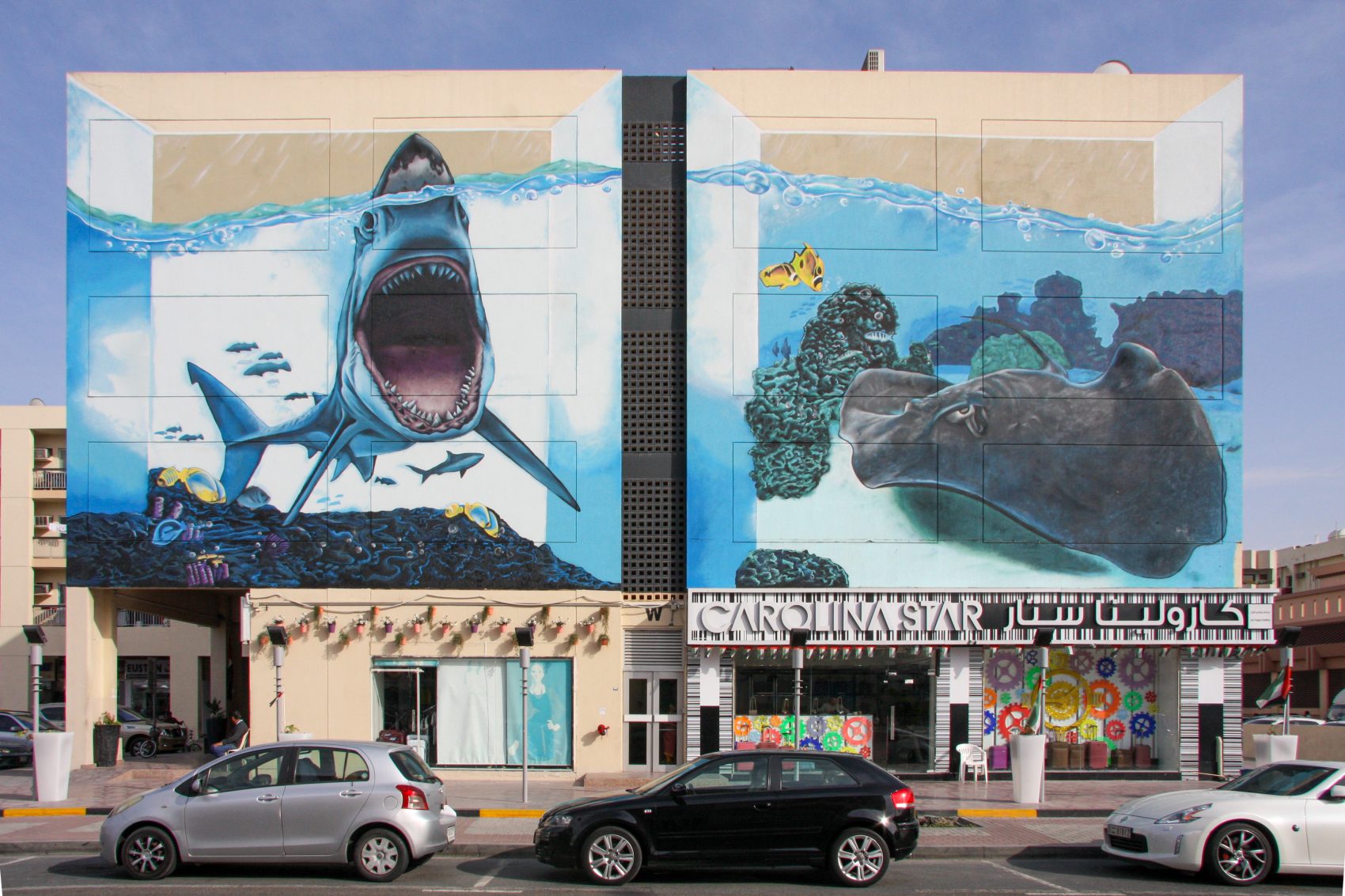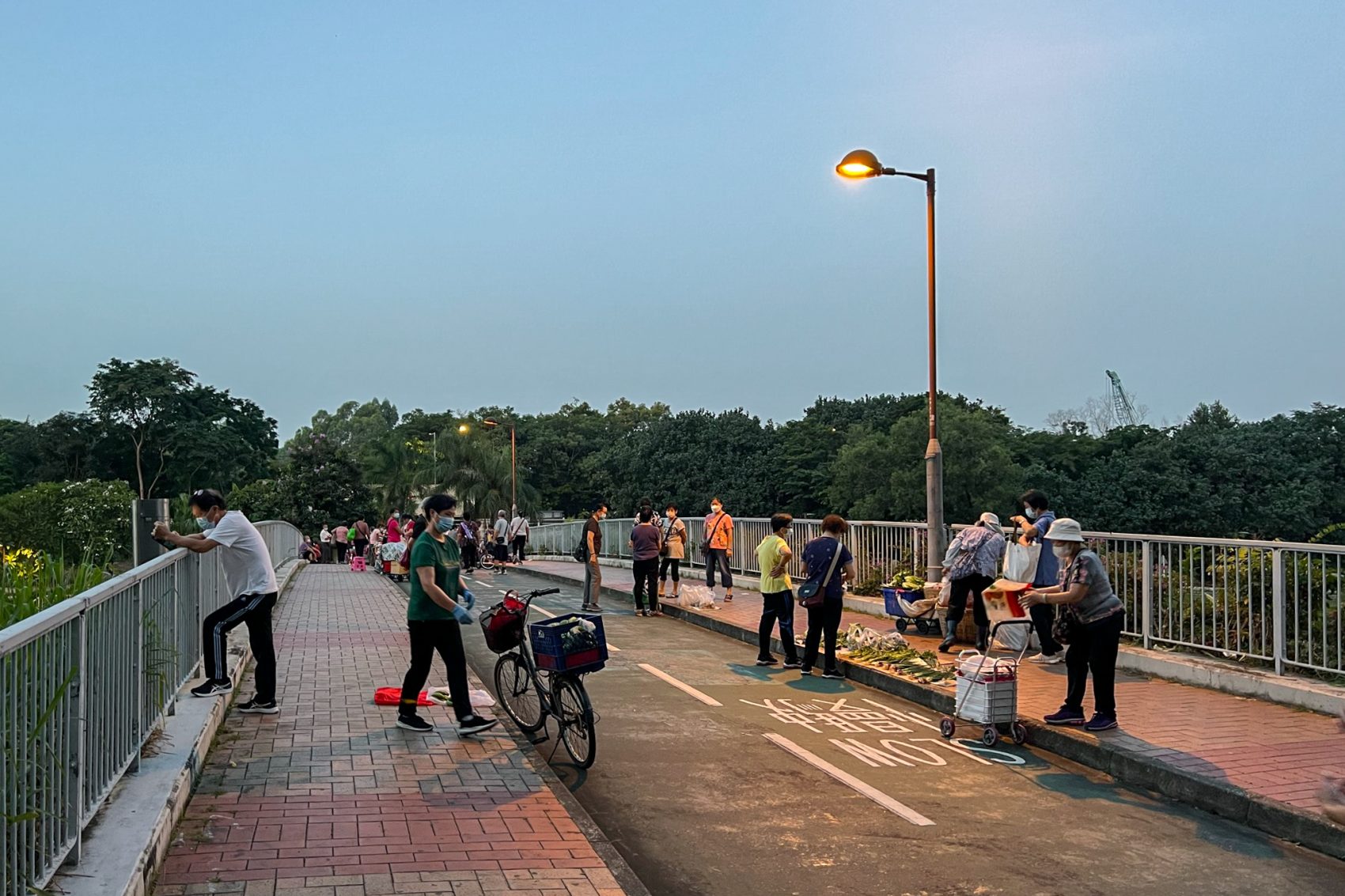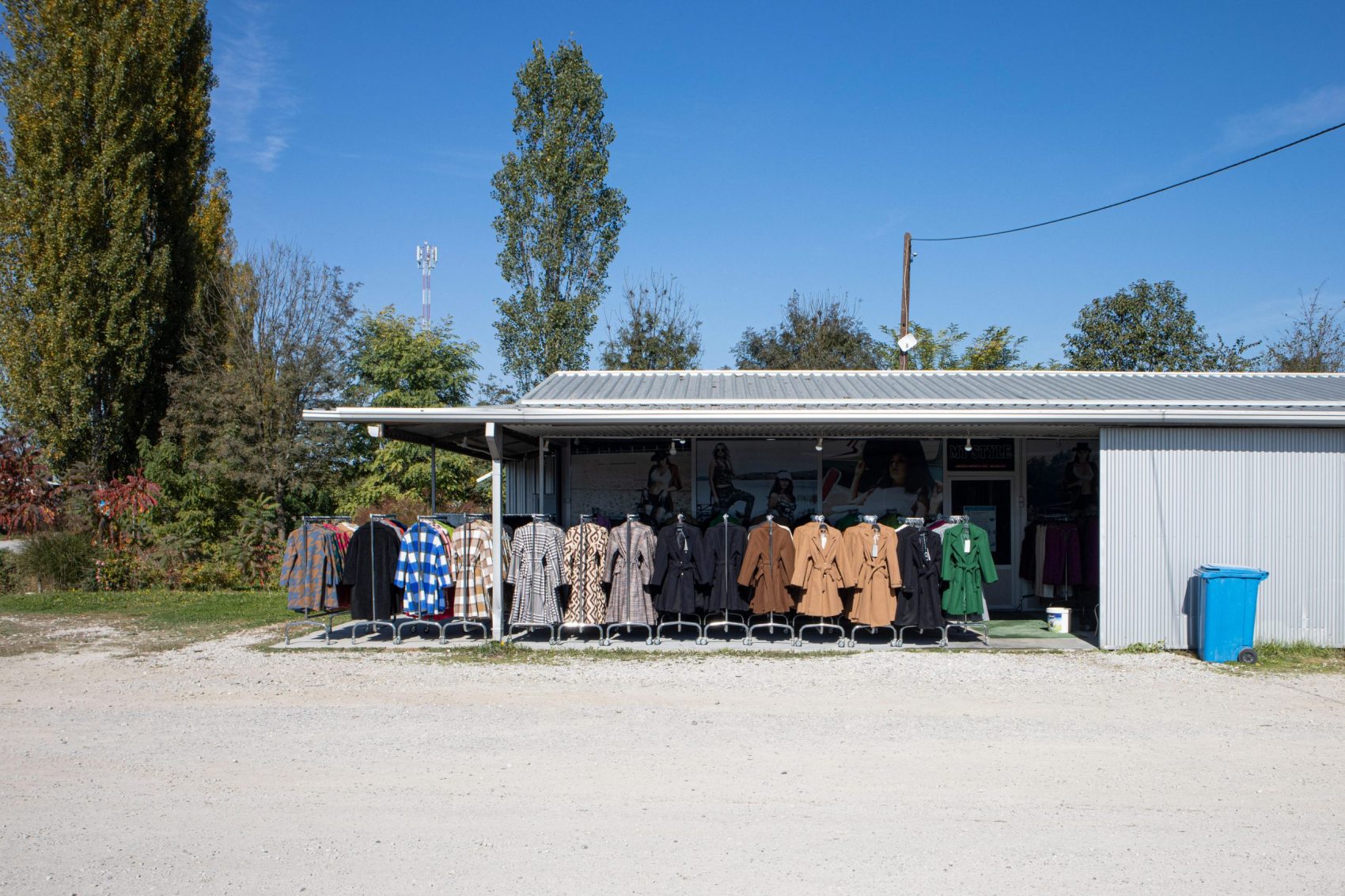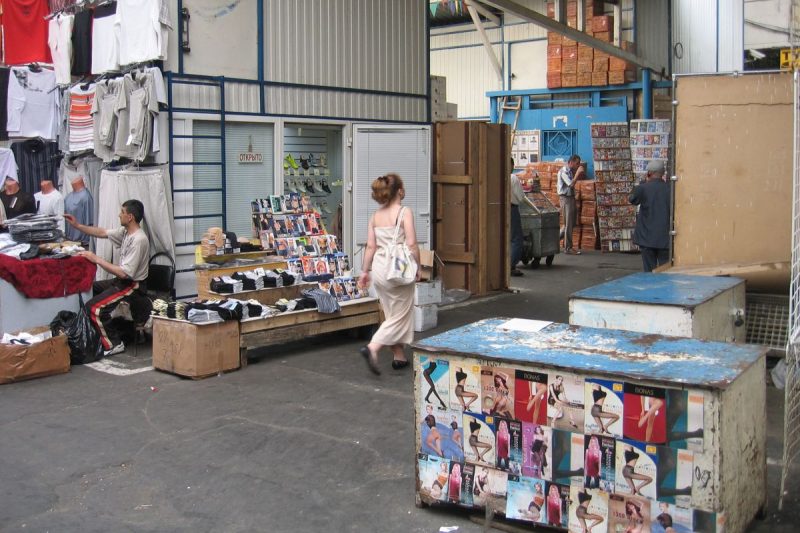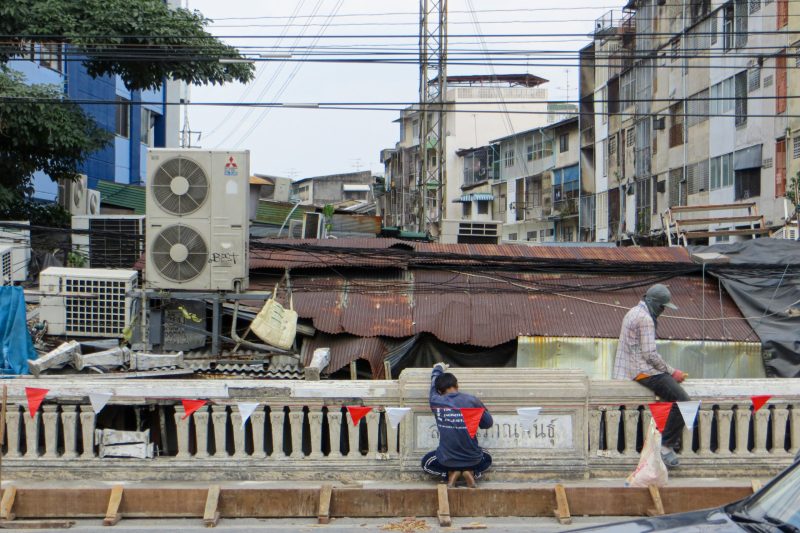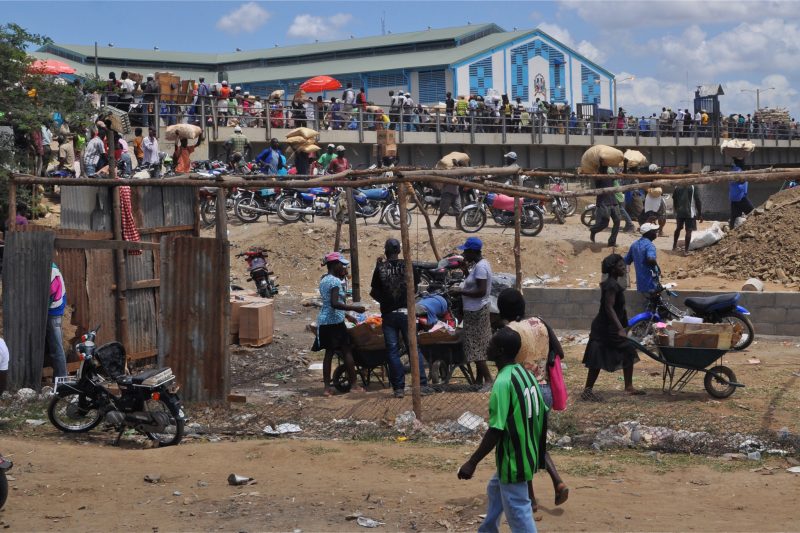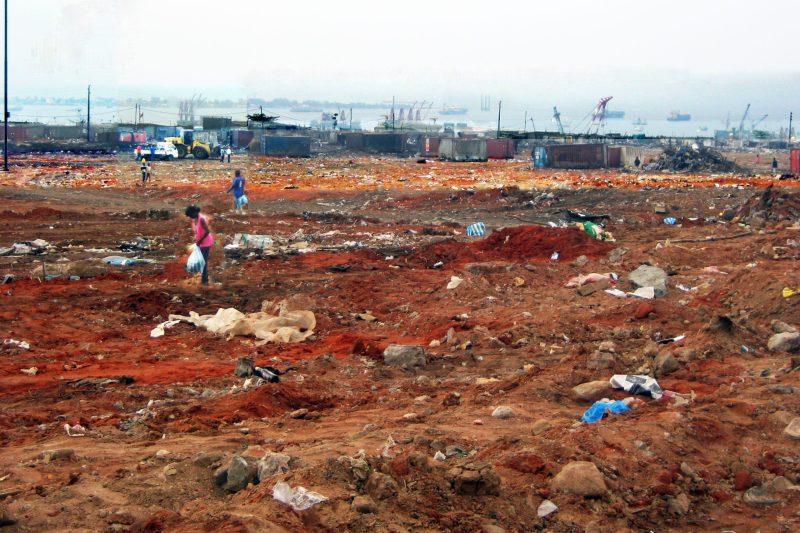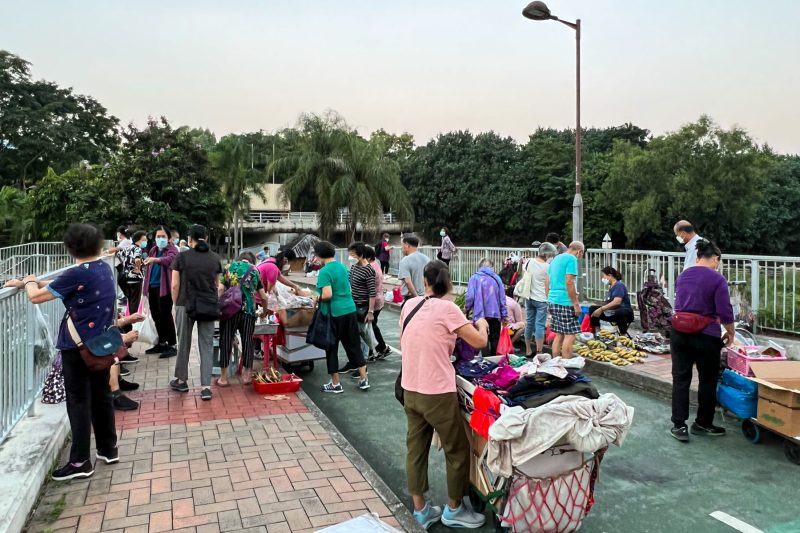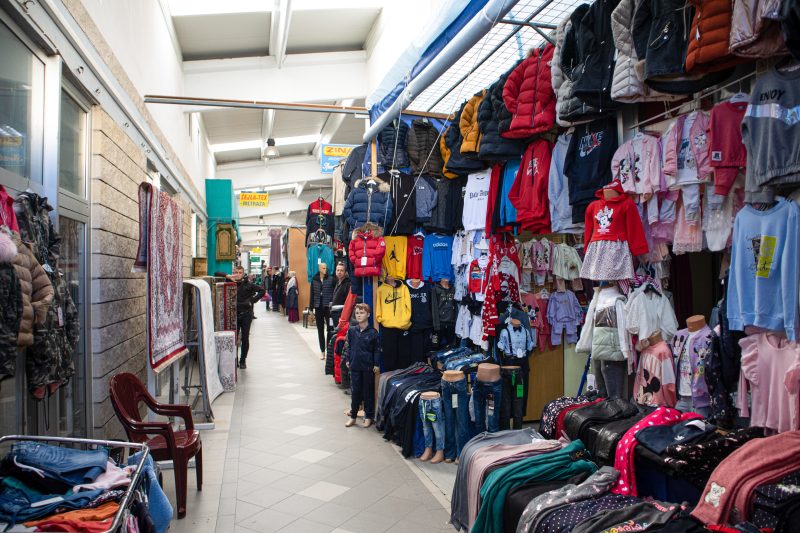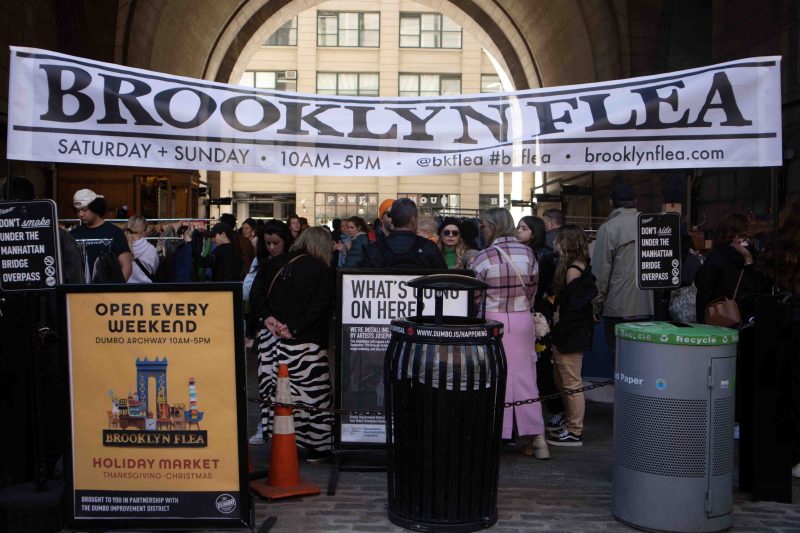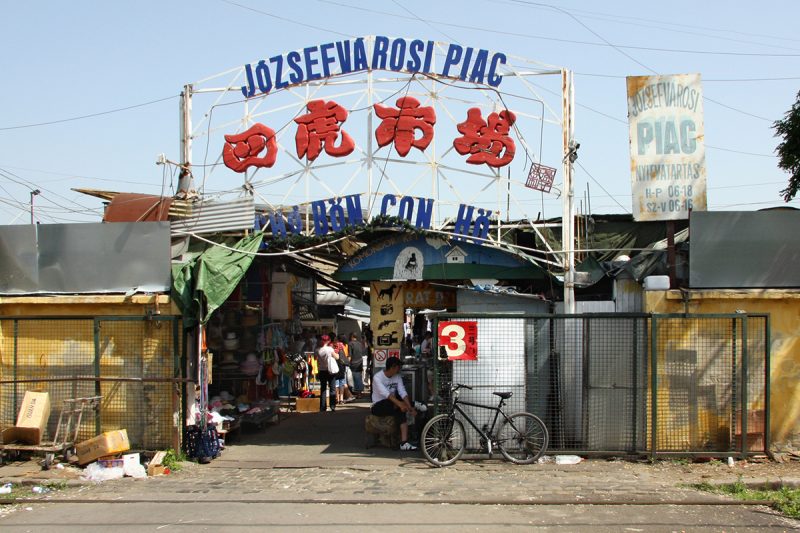- FWF
- 2018-2023
Incorporating Informality
The last two decades of globalisation, in conjunction with recent economic crises and emerging forms of self-organised, peer-to-peer economies, have substantially altered the relationship between the informal and formal sector, both conceptually and practically.
This research hypothesises that the growing interaction between the informal and formal sphere has a transformative effect on both – leading to a formalisation of the informal sector and an ‘informalisation’ of the formal economy.

Dajabon Binational Market, Dominican Republic, 2012 (photo: Melisa Vargas)
SPATIAL INTERVENTIONS IN INFORMAL MARKETS AS ECONOMIC POLICY INDICATORS
Until recently, academic research has primarily focused on measuring the extent of the informal economy, an approach that often identifies informal activities as phenomena which need to be diminished via acute policy interventions. We believe this approach flattens the complex and multi-faceted forces at play when addressing the varied transformations of informal markets around the world. Incorporating Informality thus addresses the political, economic and social dimensions of policy attitudes towards informal markets and the spatial consequences of these attitudes. Through multi-medial research outputs, the project seeks to better understand competing attitudes towards economic development and governance on a global scale.
The project brings together the findings of architectural research on twelve selected marketplaces, specifically: Bangkok’s Saphan Lek and Talad Rod Fair, Luanda’s Roque Santeiro, Brčko’s Arizona Market, Barcelona’s Encants Vells, New York’s Brooklyn Flea, Hong Kong’s Dawn Markets, Moscow’s Cherkizovsky Market, Dubai’s Karama Market, Ahmedabad’s Gujari Bazaar and the Dajabón market on the border of Haiti and the Dominican Republic.
Each of these markets is analysed in a way that captures the complex and structural dynamics at the core of the incorporation of informality. Types of incorporation are designated into four distinct categories: market closures, forced re-locations, spatial developments and market appropriations. Multi-dimensional mapping matrices, developed by the Vienna research team in collaboration with on-site collaborators, connect typologies of spatial intervention with policy benchmarks such as sustainable development, societal stabilisation and economic justice. The mapping matrices focus their attention on triangulation between measures to ‘formalise’ the informal economy via the summarised categories, the market’s spatial transformations (from e.g. open-air bazaar to a privately-operated shopping mall), and the impact these occurrences have on communities who use and rely on these markets.
Project directorArch. Dr HELGE MOOSHAMMER
Team
Prof PETER MÖRTENBÖCK
LOVRO KONCAR-GAMULIN
BILAL ALAME
JOANNA ZABIELSKA
CARMEN LAEL HINES
CHRISTIAN FRIESS
BOJAN IKIC
RUTH KÖCHL
Funded by
AUSTRIAN SCIENCE FUND (FWF): P 30232
The primary mapping techniques are: time-based mapping, which traces how market’s have evolved alongside key historical moments, spatial analyses, which analyse the markets architectural typologies and design changes, and finally, market operation mapping which charts the logistical frameworks that shape material exchange in selected markets. Each mapping matrix incorporates visual and analytic tools such as: renderings, charts, diagrams, texts, photographs and video.
Each case study is explored on a range of scales; from micro-scale phenomena such as the market’s internal networked operations, to mezzo-scale dynamics (localised conflicts, natural disasters, concrete policy interventions), to macro-scale phenomena (different national/global political, economic and social processes behind policy interventions).
This preliminary research and methodology was developed by the research team from 2019 to 2021, with on-site research beginning by on-site collaborators situated in the respective countries. Through active communication between collaborators and the research team, the multi-dimensional mapping matrices came to form the production of over 100 visuals, a comprehensive and experimental volume published by nai010 in 2023, as well as a series of forensic videos. International research fora have also been held in Vienna (May 2018), Bangkok (January 2023), Buenos Aires (October 2023), and Hong Kong (November 2023).
The results offer a novel perspective on formal-informal linkages as well as vital insights into emergent forms of hybrid economic governance set to play an increasing role in twenty-first century urban development. Through spatial, typological and policy-oriented analysis, the research hypotheses and shows that informality exists as a collection of material components and processes that can be incorporated by policy frameworks over time to serve multi-dimensional purposes. The final outputs contribute to ongoing public debate on informality as a key player in hybrid economic governance and its impact on architectural typologies on a global scale.


